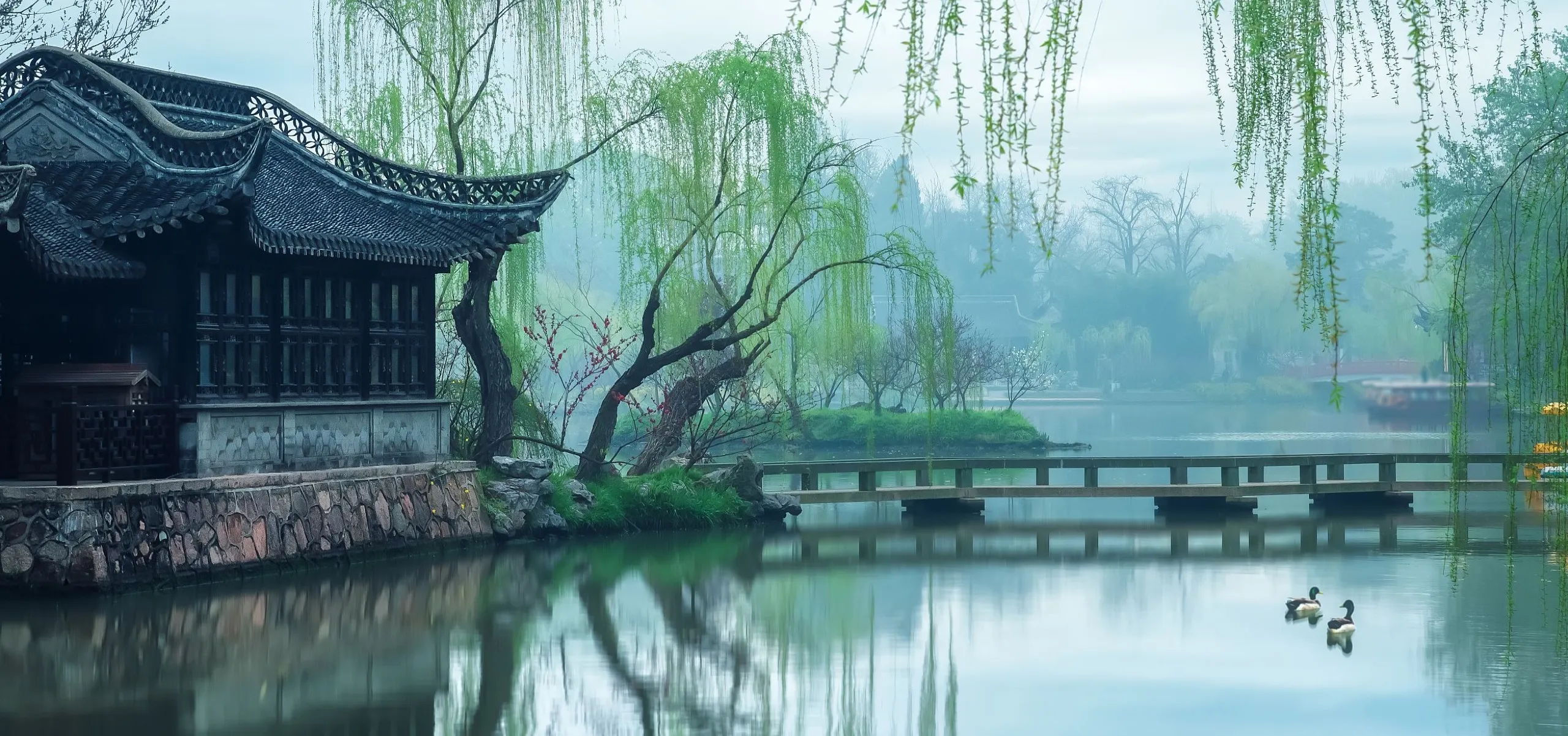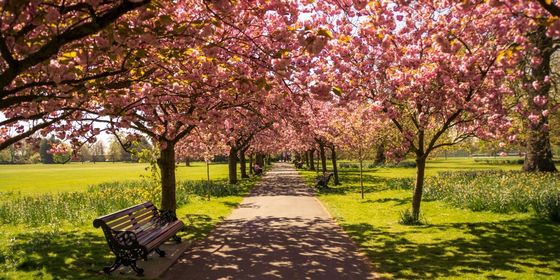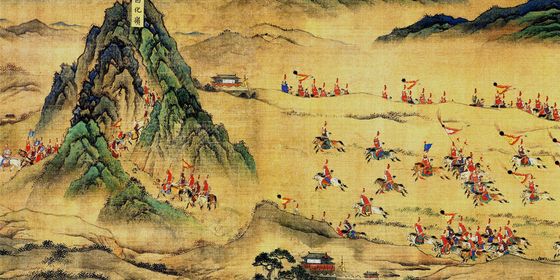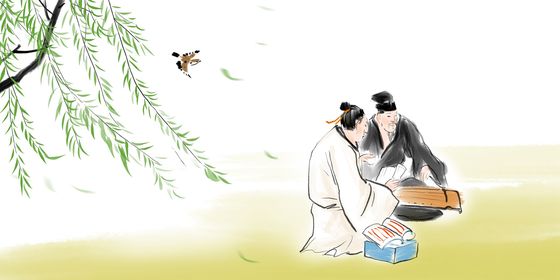Symbolism of eight common trees in Chinese culture
Just as an olive branch stands for peace in Western cultures, various trees in China have special meanings, symbolizing everything from family and romantic love to political status and divine power.
The cultural and ecological importance of trees is even officially recognized every March 12, which is designated as China’s Arbor Day, or 植树节 (Zhíshùjié), a holiday for planting trees. For decades, many public schools, universities, and companies have organized tree-planting trips around the city or in the suburbs to make the planet a little greener.
China’s Arbor Day was first established in 1915. Faced with serious deforestation across the country and inspired by environmental protection measures in the US, a group of foresters sent a proposal to the Republican government to make the traditional Qingming Festival also a tree-planting day. Sun Yat-sen, the revolutionary founding father of the Republic of China, supported the plan and it soon became official policy. In 1928, three years after Sun’s death, the Republic government decided to move Arbor Day to March 12, in memory of his passing. The PRC government officially continued the tradition by making the day a national holiday in 1979.
Trees also have ancient cultural significance. Lights resembling willow twigs, traditional symbols of the sorrow felt in a farewell, appeared in the recent closing ceremony of the 2022 Beijing Winter Olympic Games. The 1,300-year-old “Guest-Greeting Pine,” or 迎客松 (yíngkèsōng), was also recreated with fireworks to greet international athletes during the opening ceremony. Here are the meanings behind various types of trees in Chinese culture:
Pine
Found across China, the evergreen tree stands for integrity, perseverance, and longevity. Traditionally, pine, bamboo, and plum blossoms were regarded as the “Three Companions of Winter” among literati, who admired these plants’ ability to survive the cold and thrive in harsh conditions. Tang dynasty (618 – 907) poet Li Bai (李白) once wrote, “Pines and cypresses are proud and upright in nature, and don’t put on a sweet appearance catering to the masses like peach or prune blossoms (松柏本孤直, 难为桃李颜).”













